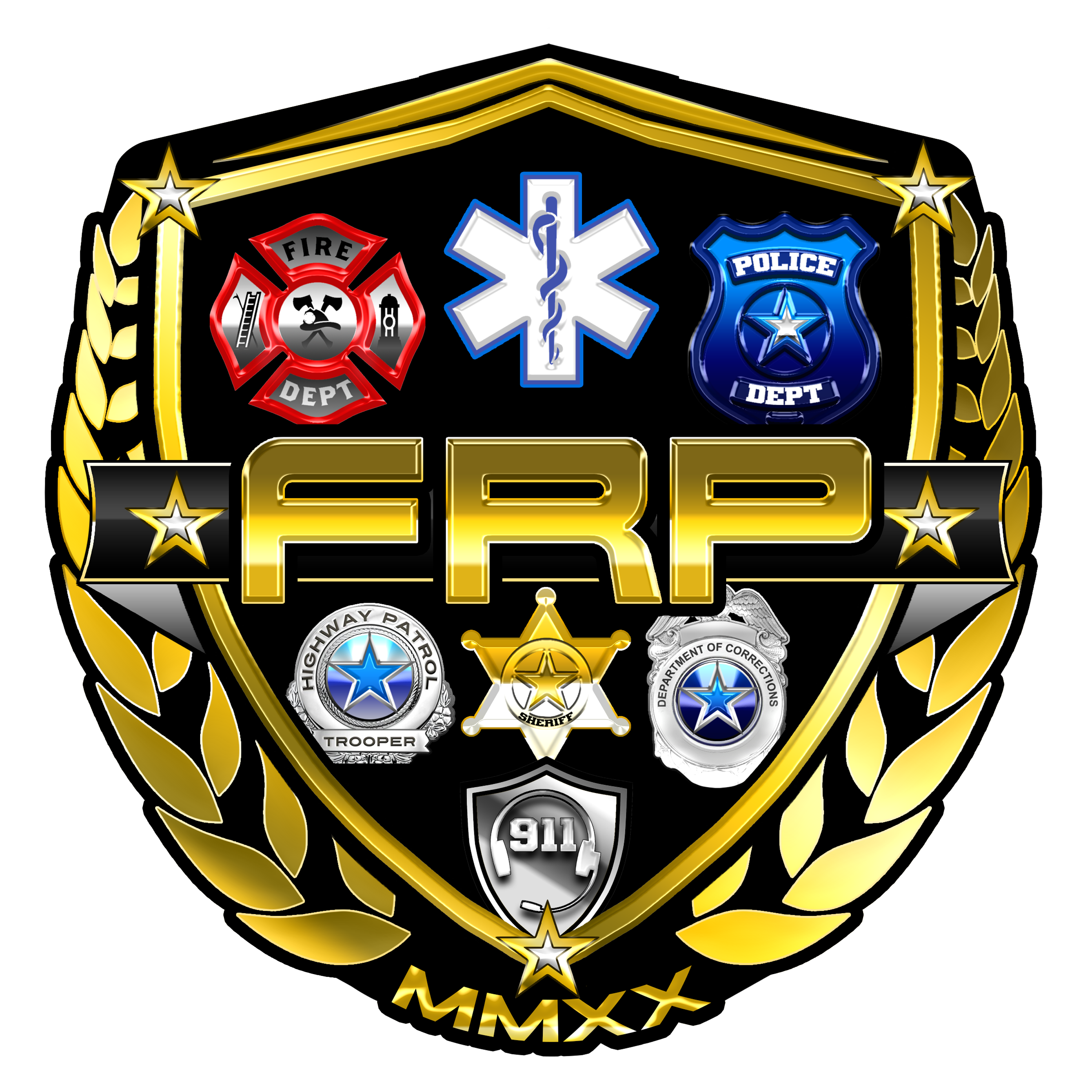The Noble Path of First Responders
Being a first responder is a calling that requires courage and dedication. It’s about running toward chaos when others step back. First responders embody strength in vulnerable moments. They write stories of heroism in everyday life. A first responder is a beacon of hope and a guardian of safety. They symbolize unwavering dedication to others’ well-being. However, this noble path has profound effects that evolve over time. However, first responder challenges are numerous and complex, evolving over time and affecting both personal and professional life.
The job’s physical demands can take a toll on a first responder’s body. These include lifting heavy equipment and working in all weather conditions. Long hours and irregular shifts can disrupt sleep patterns. This may lead to fatigue and health issues. The emotional toll can be equally impactful. First responders often face distressing situations. Witnessing accidents and tragic events can lead to emotional exhaustion. Some may experience compassion fatigue and burnout. This strain may cause desensitization or increased irritability.
Exposure to trauma can affect a first responder’s mental health. Conditions like PTSD, anxiety, and depression may develop. Some may struggle to find healthy coping mechanisms. The job’s demands can strain personal relationships. Irregular schedules and emotional stress can affect family life. Communication challenges may lead to feelings of isolation.
Purpose and Adaptation
Despite challenges, the job provides a strong sense of purpose. Many find deep satisfaction in helping others. However, this purpose can become entangled with personal identity. Some first responders may leave the profession due to cumulative effects. Others adapt by seeking support through peer networks or counseling. Stress management techniques can help sustain their careers.
Understanding these impacts is crucial for promoting first responders’ well-being. Providing mental health support and counseling services is essential. Opportunities for debriefing can also help. When we support our heroes, we ensure they continue their journey with strength. Their courage and unwavering spirit define this noble path.




